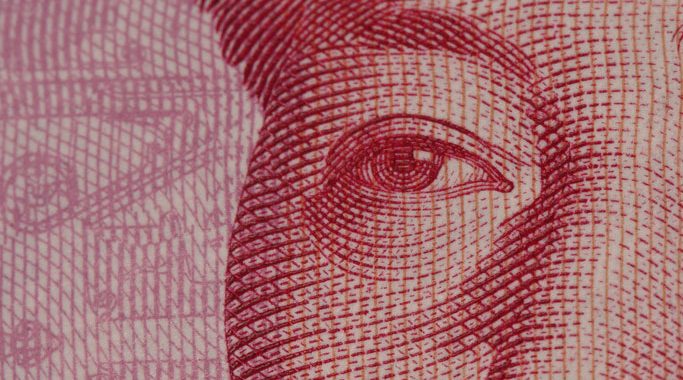The petro-yuan initiative is at the forefront of China’s quest for universal acceptance of the yuan as a transactions currency. China’s goal is to get commodity-producing countries—starting with oil exporters—to price products in yuan and to accept yuan as payment. This will get more yuan in circulation outside China. A substantial “overhang” of global yuan reserves—public and private—is necessary if the yuan is to be readily enough available to fund third-party transactions.
If commodity producers are to accept yuan what will they do with the scratch they take in? They could use the cash to import more stuff from China. This is how the United States enjoyed an export boom in the 1950s, as its dollar gained global circulation as a reserve currency. However, imports from China on an enlarged scale would be hard to sustain as oil revenues rise. China has to provide a store of value for yuan commodity export proceeds other than cash, until they can be recycled into goods and services. This is why financial innovation is critical. Foreigners will need access to high-quality yuan assets—liquid and market-priced—if they are to be induced to hold yuan reserves.
President Xi promised the Boao Forum in April that China’s financial market reforms will move forward quickly. Newly seated PBOC Governor Yi Gang told the Forum that foreign banks and insurers will gain full access to China’s markets starting this year, and that foreign ownership of Chinese companies will soon be allowed up to 51%. In anticipation, Morgan Stanley is adding A-Share stocks to its equity market indexes. As access to China’s capital markets increases, and as foreign banks gain a footing there, the infrastructure will be implemented to support a euro-yuan market to accommodate transactions, forward currency trading and funding. Foreign options for depositing and recycling petro-revenues will increase.
The yuan might not take off right away, but its ascent will be fast once the Saudis shift oil pricing into yuan. We think they will. China can favor imports from a yuan-pricing oil exporter over a non-yuan partner. The Saudis have already seen their share of China’s oil imports cut in favor of Russia’s crude. That is considerable leverage, eh?

